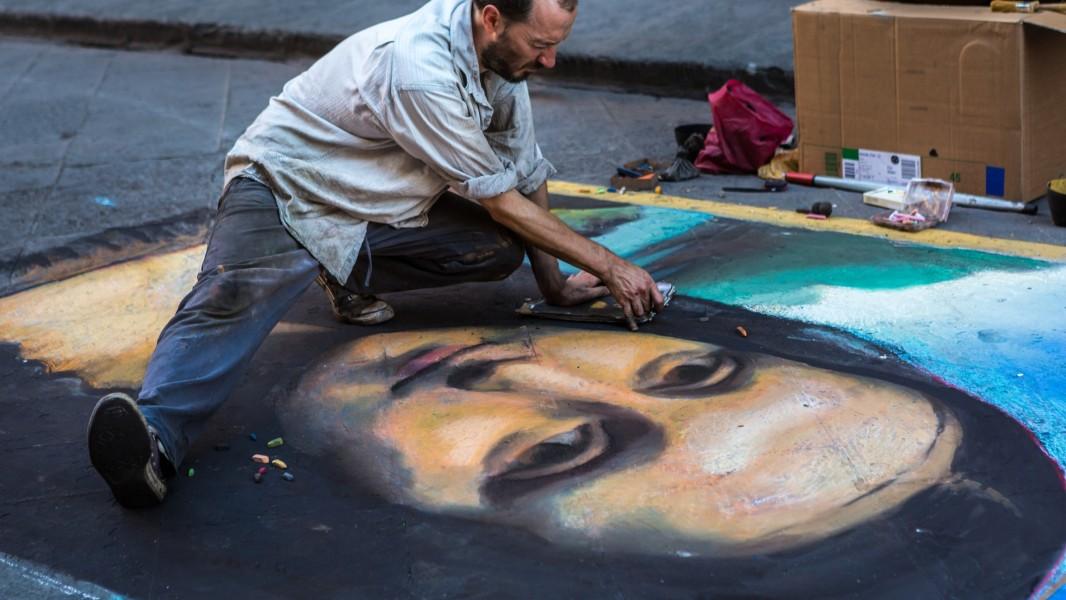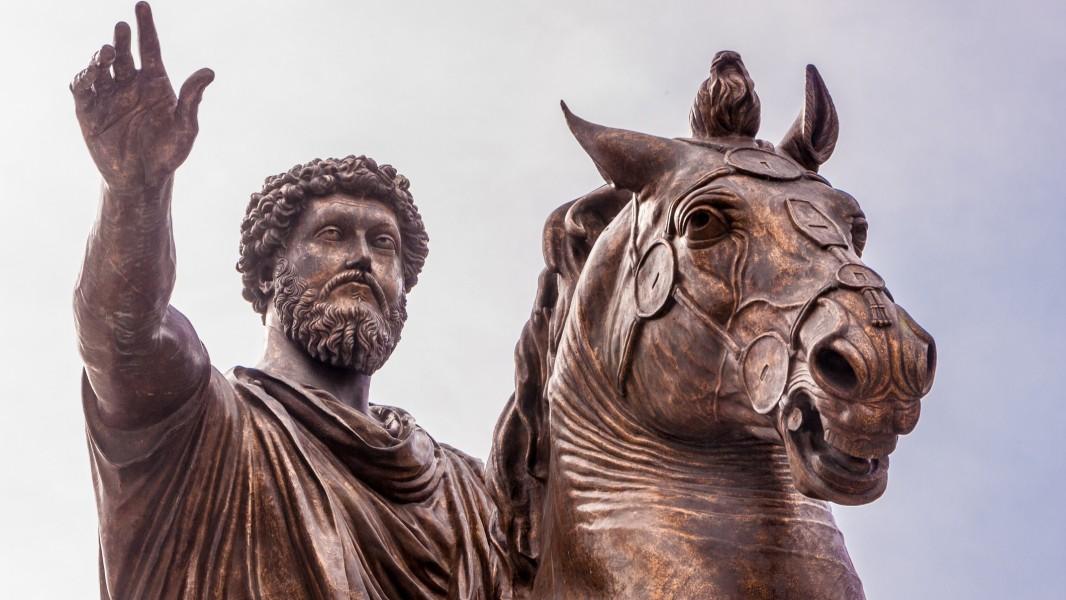“You go ahead at your training pace, I’ll carry on at mine,” I said to Charlie, my youngest, now taller than me, the two of us headed up the mountain, the trail straight, insanely steep, a 1,500-foot climb. “You’re going to smoke me buddy, wait at the top.” And off he went at what seemed like a run, an eager 16-year-old’s pace, leaving me to my thoughts, so many questions, heart pounding. The memory of a discussion with my Shaman bubbled to the surface. Something I’ve carried with me closely for all these years. I wrote an anecdote about it long ago (see below).
I take late summer off from writing. Making more space for family, reading, wandering. Wishing the same for you. All the very best, Eric
Week-in-Review: Mon: Japanese Prime Minister Ishiba faces election defeat. S&P +0.1%. Tue: Trump to impose 15% tariff on goods from Japan. Prime Minister Ishiba disclosed plans to step down by August. S&P +0.1%. Wed: Singapore CPI 0.8% (0.9%e). South Africa CPI 3.0% (3.1%e). Eurozone cons conf -14.7 (-15.0e). EU sees progress towards US trade deal with 15% tariffs. Trump AI action plan proposes cutting off AI-related federal funding to states with regulations. S&P +0.8%. Thu: US jobless claims 217k (226k e), cont claims 1955k (1954k e), new home sales 627k (650k). Eurozone PMI mfg 49.8 as exp, serv 51.2 (50.6e), comp 51.0 (50.7e). Ukraine key rate 15.5% as exp. Trump and Powell tour Fed’s renovation as Trump restates his desire for lower rates. S&P +0.1%. Fri: Russia key rate 18.0% as exp. Trump says 50-50 odds of striking trade deal with European Union, while US and China have the “confines of a deal.” S&P +0.4%.
Weekly Close: S&P 500 +1.5% and VIX -1.48 at +14.93. Nikkei +4.1%, Shanghai +1.7%, Euro Stoxx +0.5%, Bovespa +0.1%, MSCI World +1.4%, MSCI Emerging +1.4%, Bitcoin -2.4%, and Ethereum +1.7%. USD rose +1.2% vs Russia, +0.4% vs Turkey, +0.4% vs India, +0.3% vs South Africa, and +0.2% vs Indonesia. USD fell -1.4% vs Sweden, -1.1% vs Mexico, -1.0% vs Euro, -0.9% vs Australia, -0.8% vs Yen, -0.3% vs Brazil, -0.2% vs Canada, -0.2% vs Sterling, -0.1% vs Chile, and -0.1% vs China. Gold -0.6%, Silver -0.3%, Oil -1.3%, Copper +3.2%, Iron Ore +0.9%, Corn -2.0%. 10yr Inflation Breakevens (EU +2bps at 1.78%, US flat at 2.42%, JP +4bps at 1.63%, and UK flat at 3.08%). 2yr Notes +5bps at 3.93% and 10yr Notes -3bps at 4.39%.
2025 Year-to-Date Equity Index Returns: Poland +54.9% priced in US dollars (+36.4% priced in zloty), Greece +51.8% priced in US dollars (+34% in euros), Hungary +49.7% in dollars (+27.8% in forint), Czech Republic +45.1% (+25.5%), Korea +41.7% (+33.2%), Austria +41% (+24.9%), Israel +39.8% (+28.4%), Spain +39.2% (+22.8%), Portugal +38.2% (+22%), Germany +37.3% (+21.6%), Ireland +34.6% (+18.7%), Italy +34.4% (+19.1%), Colombia +31.8% (+23.9%), Mexico +30.2% (+15.8%), Finland +29.1% (+14.4%), Norway +28.8% (+15.1%), South Africa +28.6% (+21.1%), Chile +26.8% (+22.5%), HK +25.2% (+26.6%), Euro Stoxx 50 +23.9% (+9.3%), Brazil +23.4% (+11%), Belgium +22.5% (+8.1%), Sweden +21.4% (+5%), France +20.3% (+6.1%), Singapore +20% (+12.5%), UK +19.6% (+11.6%), Vietnam +17.8% (+20.9%), Switzerland +17.3% (+3.1%), Netherlands +16.8% (+3%), Canada +16.7% (+11.2%), Taiwan +13% (+1.4%), Australia +12.7% (+6.2%), MSCI World +11.2% in dollars, Japan +10.5% (+3.9%), UAE +9.8% (+9.8%), NASDAQ +9.3%, China +9.2% (+7.2%), S&P 500 +8.6%, Indonesia +5.4% (+6.5%), New Zealand +5.3% (-2%), India +3.9% (+5%), Russell +1.4%, Philippines -0.4% (-1.8%), Malaysia -1.1% (-6.6%), Denmark -3.2% (-14.1%), Turkey -5.6% (+8.3%), Thailand -8.3% (-13.1%), Saudi Arabia -8.9% (-9.1%), Argentina -30.3% (-13.3%).
Anecdote (June 2018): He would have me throw the bones, seated on animal skins in a quiet yurt. The cup’s contents tumbled across the floor. Tiny bones, hyena, lion, leopard, vulture, a small gold Krugerrand, colorful beads, ivory, crystal, ironwood. The South African had dedicated his journey to studying western medicine and Namibian shamanism; the former a miracle, the latter magical. He combined the two, shared the gift. Shamanism connects us with our ancestors, who protect, advise, guide. They communicate through the positioning of the bones, scattered on every roll. I avoided asking about the future. The idea that it is pre-ordained is deeply unsettling. A world where life sheds its uncertainty, where actions lack consequences, frightens me. I’d return from the Shaman and friends would ask what I’d learned about things that matter; health, wealth, tomorrow’s S&P close. But I spent the time looking back, fascinated by my place in this endless stream, how our lives bridge those behind us with those ahead. We discussed my dreams, often fantastic adventures, which I jotted down in the dark before they escaped. A few spiritual guides have been placed along my path, each unique, unlikely. The Shaman was also a father of four, but rather older. He shared much of himself, fears, failures, joys, discoveries. I shared the same. Charlie was just three, 2012, we knew he’d be our last. The weight of my work, the hours, the travel, left me anxious that I’d not be there for them. The Shaman had lived the same fear, and to an extent had realized it. His career’s cadence left more time for his last child than first. And it shaped them all, uniquely. “But you can’t fear that. Let it go, completely. You’ll do all that you can. You may even be gone tomorrow, but their path continues. Their journey is not your journey. It is their journey.”
Good luck out there,
Eric Peters
Chief Investment Officer
One River Asset Management
Disclaimer: All characters and events contained herein are entirely fictional. Even those things that appear based on real people and actual events are products of the author’s imagination. Any similarity is merely coincidental. The numbers are unreliable. The statistics too. Consequently, this message does not contain any investment recommendation, advice, or solicitation of any sort for any product, fund or service. The views expressed are strictly those of the author, even if often times they are not actually views held by the author, or directly contradict those views genuinely held by the author. And the views may certainly differ from those of any firm or person that the author may advise, converse with, or otherwise be associated with. Lastly, any inappropriate language, innuendo or dark humor contained herein is not specifically intended to offend the reader. And besides, nothing could possibly be more offensive than the real-life actions of the inept policy makers, corrupt elected leaders and short, paranoid dictators who infest our little planet. Yet we suffer their indignities every day. Oh yeah, past performance is not indicative of future returns.





